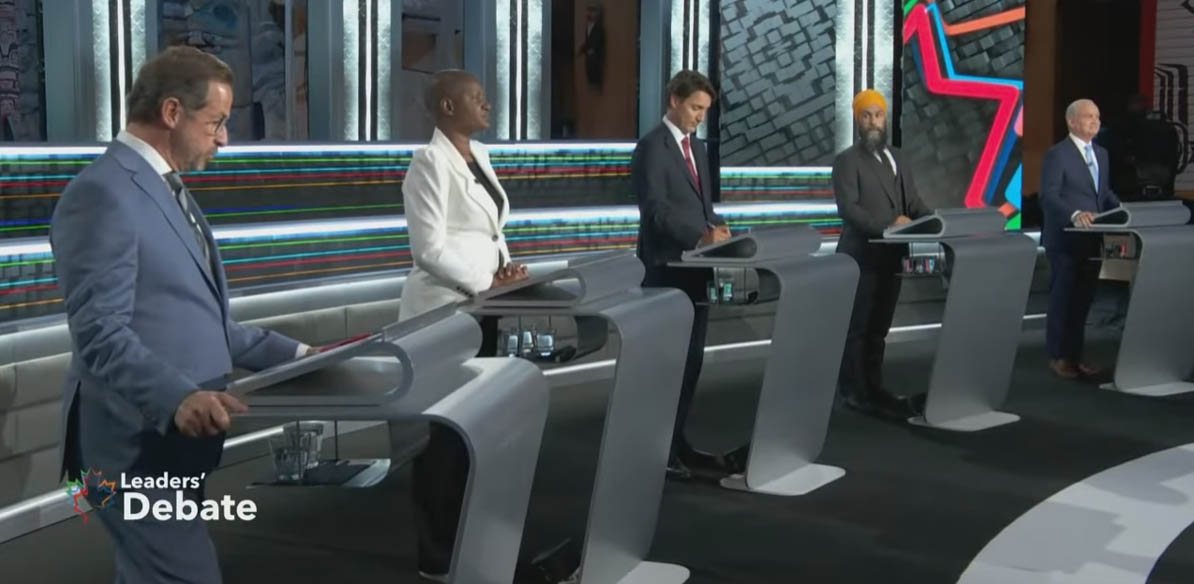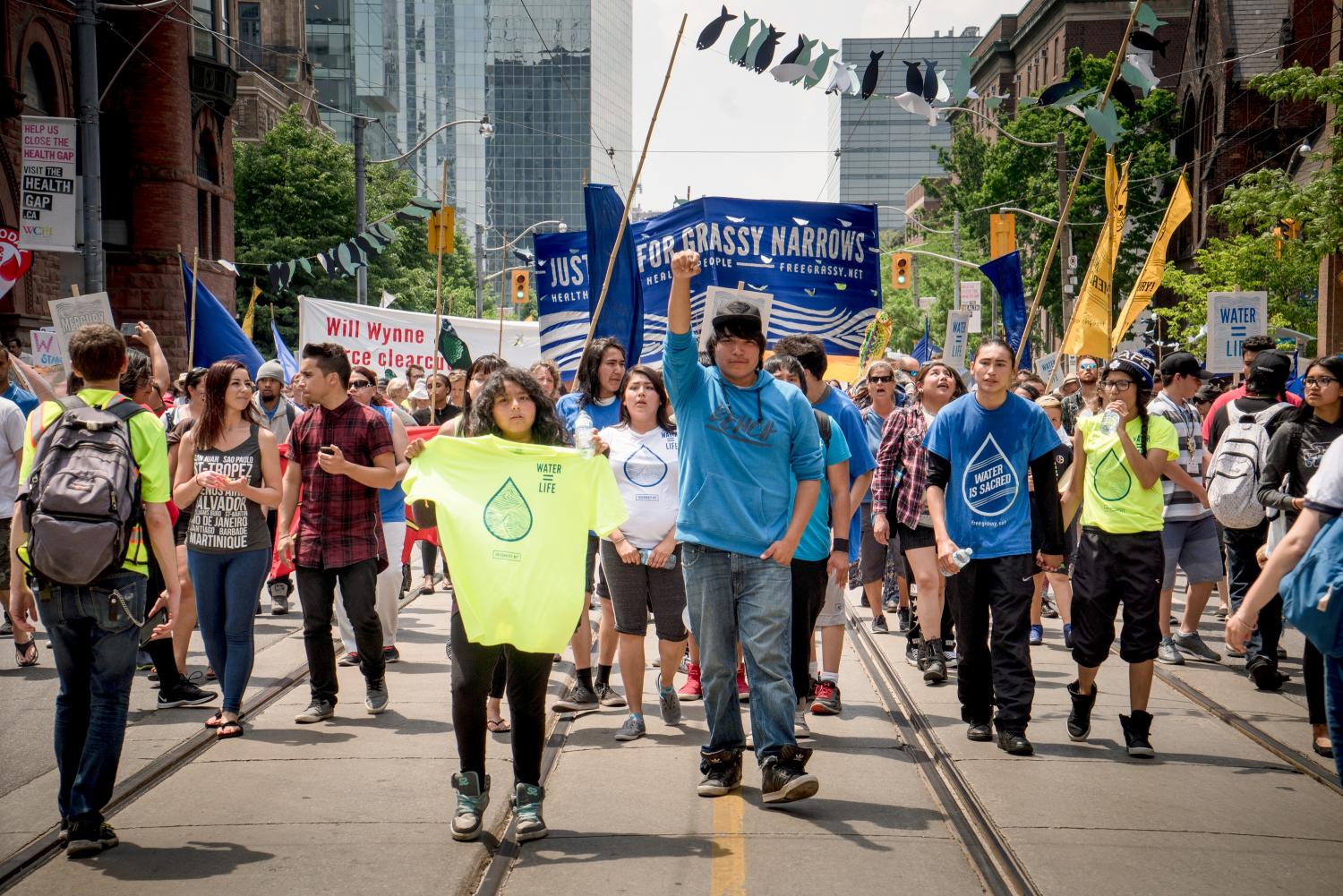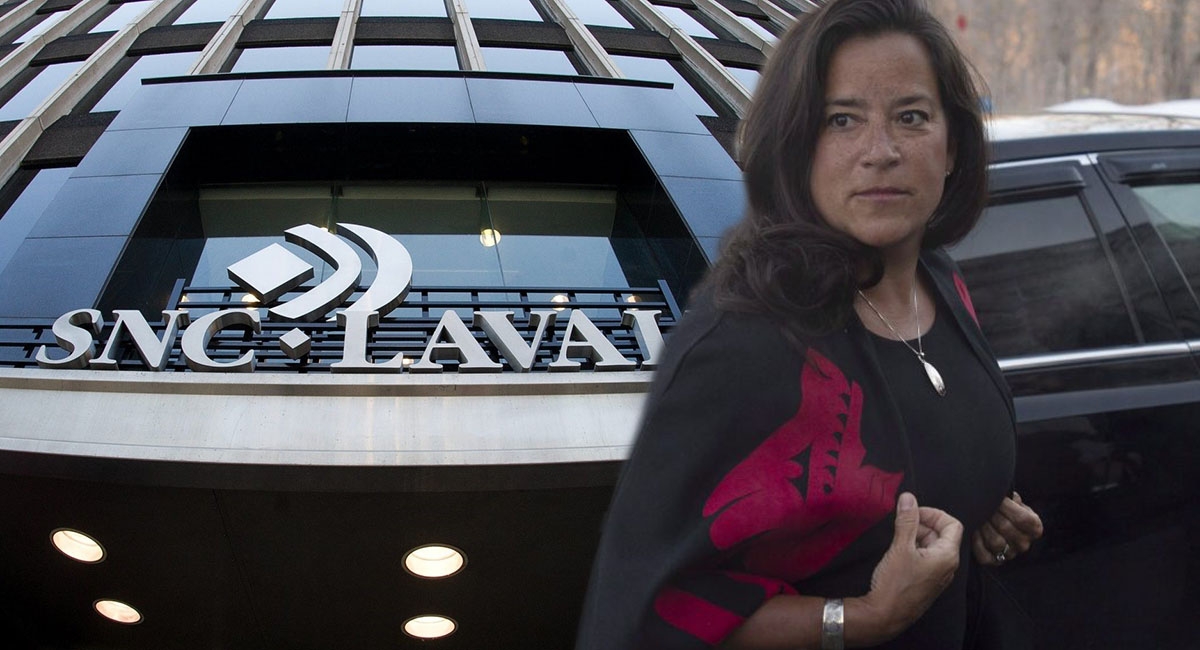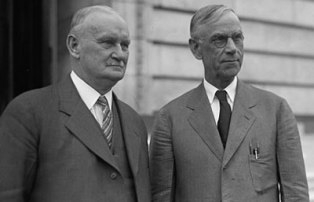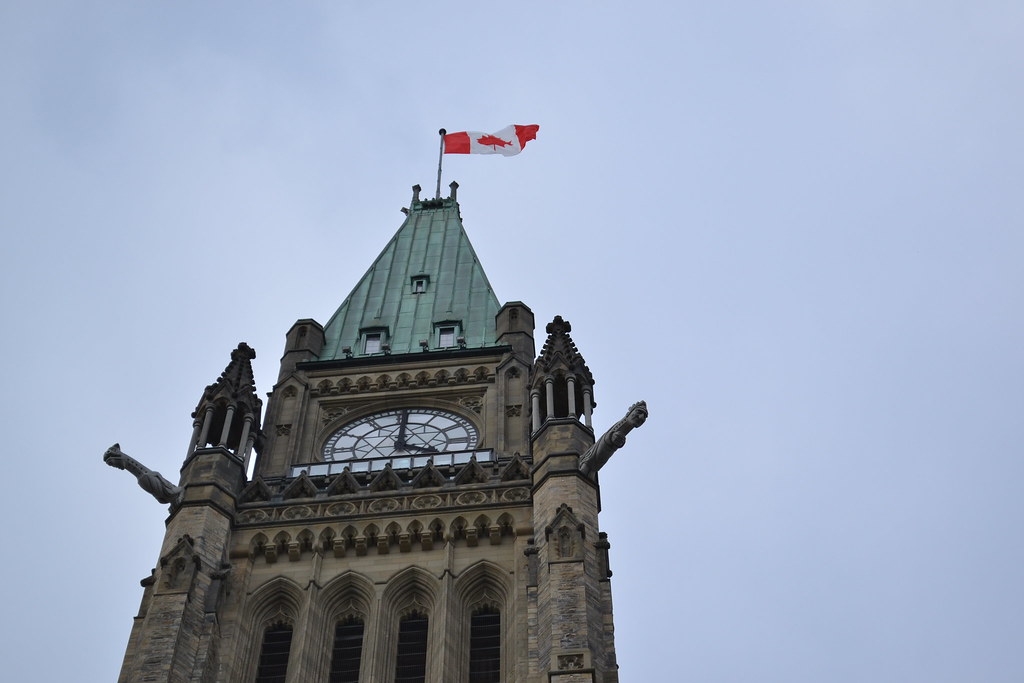
The politics of guilt by association
It’s an understatement to say that political campaigns have changed over the past 25 years.
A form of campaigning that is becoming all too popular is guilt by association, a tactic where politicians are criticized for their familiarity with questionable figures. If a politician associates with someone that is not reputable, then that politician seems to automatically absorb that identity according to some voters.
And some politicians just knew the wrong people.
Take the situation with Joshua Boyle. Boyle was a Canadian who advocated for the release of Omar Khader, which eventually lead him to marry Kahder’s sister, Zaynab. They divorced a year after their marriage. Boyle would later remarry an American woman named Caitlan Coleman. For reasons unknown, they chose to voluntarily travel to Afghanistan and were subsequently kidnapped and held for five years. Boyle and Coleman gave birth to four children while in captivity before they were all rescued in a military operation October of 2017. Upon their return to Canada, they had a private ‘family’ visit with Prime Minister Trudeau which included a photo shoot of the PM with the couple’s children. Two weeks after their meeting, Boyle was arrested on criminal charges for numerous counts of sexual assault, uttering threats, administering a noxious substance, and more charges. The crimes occurred while he was in captivity and upon his return to Canada. His wife was named as one of the main victims of his crimes. Many asked why such a questionable figure was able to meet with the Prime Minister in the first place, and what this meeting said about the Prime Minister himself. The pictures of him and Boyle’s family became viral, and people began to accuse Trudeau of sharing some of the same misguided views as Boyle.
Another classic instance of guilt by association is found with far-right media commentator Faith Goldy. Goldy has been accused of being a white nationalist, as well as a promoter of the white genocide conspiracy movement. Goldy was in attendance of the Charlottesville protests of 2017, where she sympathized with the Unite the Right movement that had been demonstrating there. She was once friends with Justina McCaffrey, a PC candidate for the Kanata-Carelton riding. Conservative leader Andrew Scheer has been questioned multiple times if he will continue to stand by his fellow PC candidate and her association with Faith Goldy. Scheer said he left that up for McCaffrey to address. However that hasn’t kept people from associating the conservative party and Andrew Scheer with Faith Goldy. Scheer’s unwillingness to speak poorly of McCafferey or Goldy has had skeptics raging about the possibility that Scheer himself sympathizes with Goldy and her views.
The rise of social media has made political image more fragile than ever before. A tweet that is 280 characters accusing a politician of knowing the wrong person can derail a political campaign in a matter of seconds. But this isn’t the scary part. The scary part is that it works. Voters seem to have lost sight of what really matters in a candidate and have exchanged a fact based opinion for an image based one. The political narrative is dumbed down by these ‘gotcha moments’, and the fact that these moments make the most popular headlines shows how much we as voters value image over character. Let us become voters that are intrigued by headlines that boast of platforms rather headlines that attack a candidate for their past social circles.

